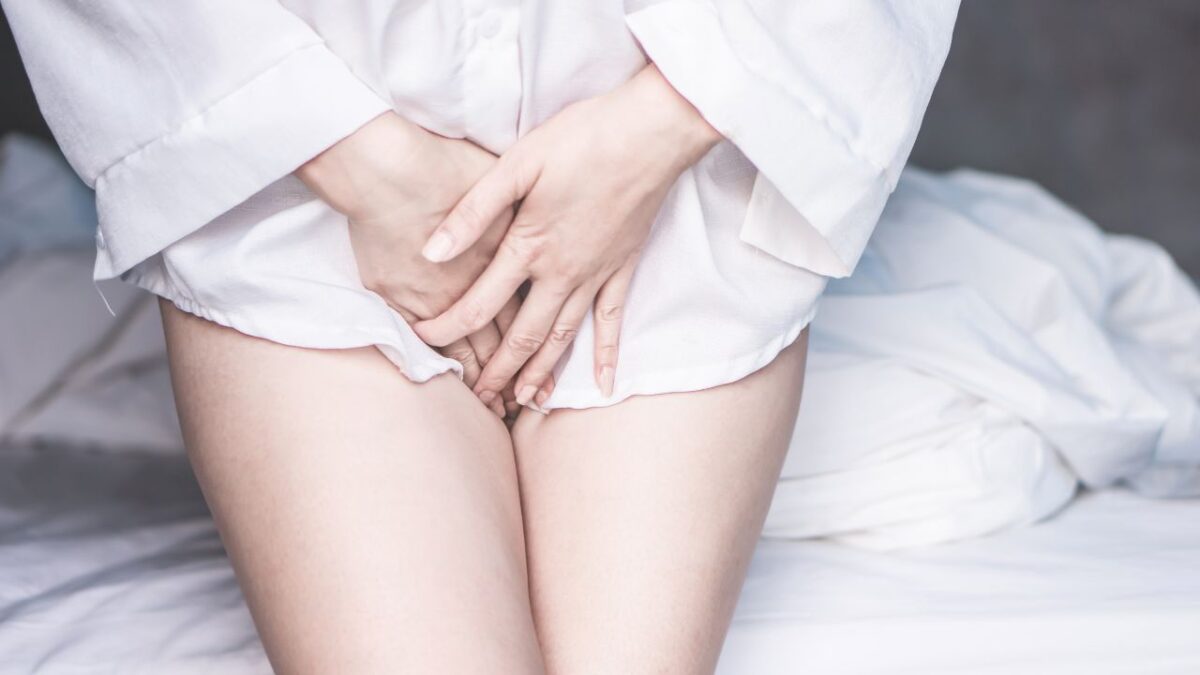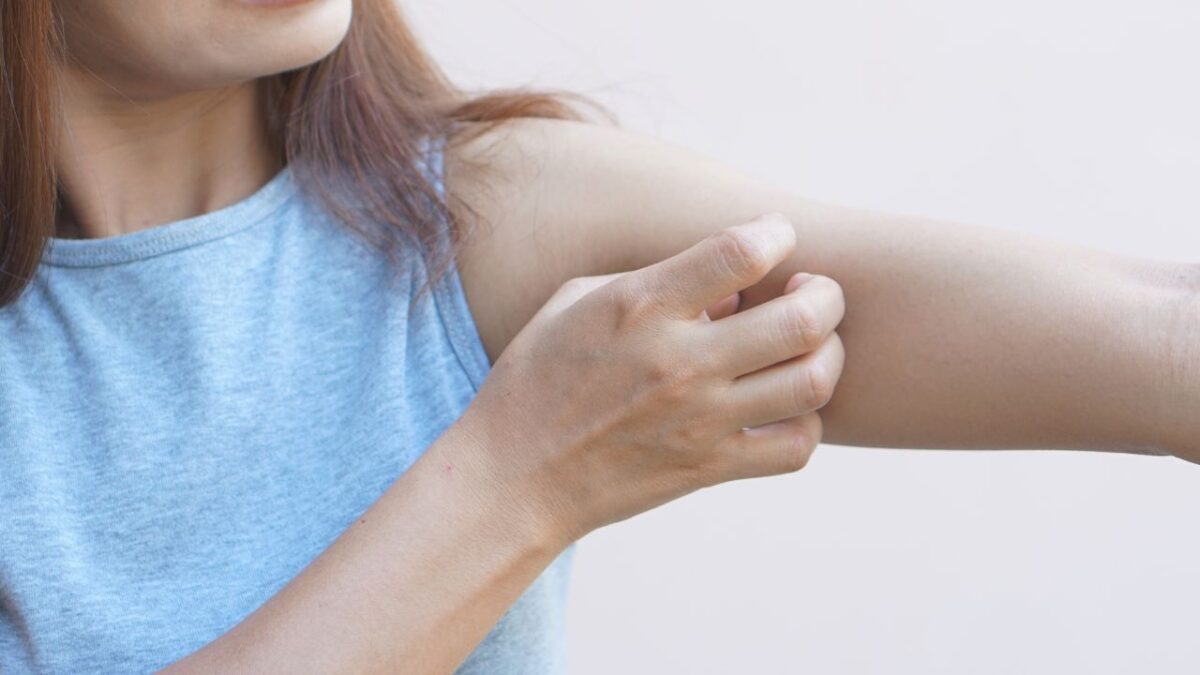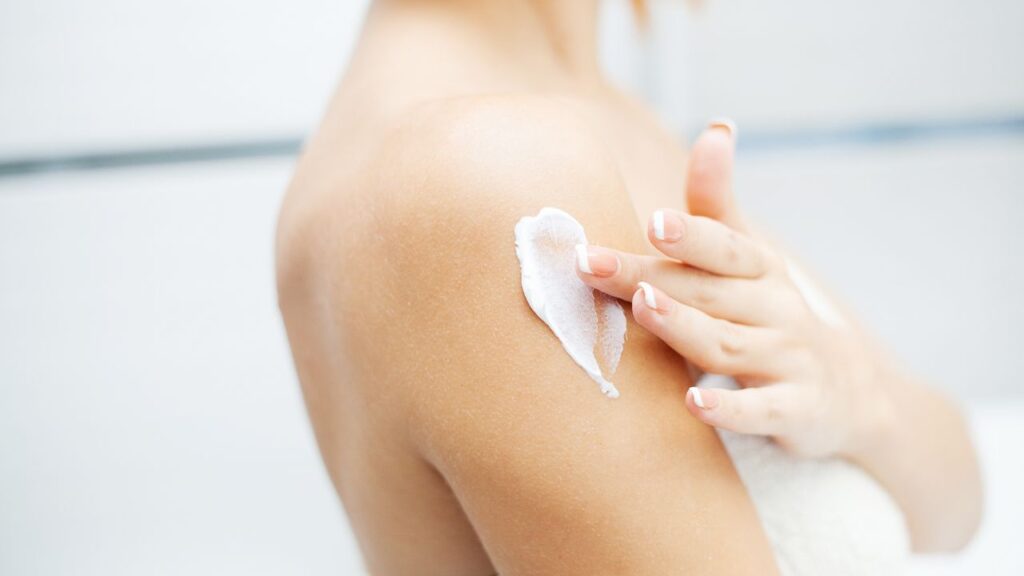7 Surprising Secrets to Vaginal Health Every Woman Over 30 Needs to Know
Maintaining vaginal health is crucial for every woman, especially as we age and our bodies undergo various changes. Yet, many women over 30 might be unaware of some lesser-known but impactful ways to keep their vaginal health in check. From the surprising benefits of probiotics to the vital role of hydration, these insights go beyond the basics of hygiene. In this blog, we’ll uncover seven surprising secrets to vaginal health that every woman over 30 needs to know. These tips not only focus on physical well-being but also touch on lifestyle choices and dietary habits that can make a significant difference. Whether it’s the fabric of your underwear or the impact of stress, these simple yet effective strategies will help you maintain a healthy, balanced vaginal environment. Get ready to discover how small changes can lead to big improvements in your overall vaginal health.
1. Probiotics: Your Vaginal Superheroes
Probiotics aren’t just for gut health; they’re also amazing for your vagina. These friendly bacteria help maintain a healthy balance of good and bad bacteria in your vagina, reducing the risk of infections like bacterial vaginosis and yeast infections. To boost your probiotic intake, incorporate foods like yogurt, kefir, and sauerkraut into your diet. You can also consider taking probiotic supplements specifically designed for women’s health. Look for strains like Lactobacillus rhamnosus and Lactobacillus reuteri, which are particularly beneficial for vaginal health.
2. Hydrate for Happy Vaginas
Staying hydrated isn’t just good for your skin and energy levels; it’s also key for vaginal moisture. When your body is dehydrated, it can lead to vaginal dryness, which can cause discomfort and increase the risk of infections. Drinking enough water helps keep the tissues in your vaginal area well-lubricated and healthy. Aim for at least 8-10 glasses of water a day, and consider increasing your intake if you’re physically active or live in a hot climate. Remember, beverages like coffee and alcohol can be dehydrating, so balance them with extra water.
3. Cotton Underwear: The Unsung Hero
Choosing cotton underwear is about more than just comfort. Cotton is a breathable fabric that allows air to circulate and helps keep the vaginal area dry, reducing the risk of bacterial growth and infections. Synthetic fabrics, like polyester and nylon, can trap moisture and create a warm, damp environment where bacteria and yeast thrive. Stick with cotton for everyday wear, and avoid tight-fitting underwear that can cause irritation. If you exercise frequently, change out of sweaty clothes as soon as possible to keep the area dry and clean.
4. Exercise: Not Just for Fitness Buffs
Regular exercise benefits your entire body, including your vaginal health. Physical activity improves blood circulation, which enhances oxygen and nutrient delivery to your tissues, including the pelvic region. This helps maintain healthy vaginal tissues and function.
Kegel exercises, in particular, are beneficial for strengthening your pelvic floor muscles, which support the bladder, uterus, and rectum. Strong pelvic floor muscles can help prevent issues like urinary incontinence and pelvic organ prolapse. To do Kegels, contract your pelvic floor muscles (as if you’re stopping the flow of urine), hold for a few seconds, and then release. Repeat several times a day for best results.
5. Hormones Matter
As you approach menopause, your estrogen levels drop, which can significantly impact vaginal health. Lower estrogen levels can lead to vaginal dryness, thinning of the vaginal walls, and increased risk of infections. Hormone replacement therapy (HRT) can help alleviate these symptoms by maintaining your estrogen levels.
For those who prefer natural remedies, phytoestrogens found in soy products, flaxseeds, and certain herbs can also help balance hormones. Always consult with your healthcare provider before starting any new treatments to ensure they are safe and suitable for you.
6. Diet’s Surprising Role
Your diet impacts more than your waistline—it also affects your vaginal health. Consuming a diet high in sugar can promote yeast growth, leading to infections. On the other hand, a balanced diet rich in leafy greens, fruits, lean proteins, and whole grains supports overall health, including vaginal health. Foods high in Vitamin E, such as nuts, seeds, and leafy greens, help maintain healthy vaginal tissues. Omega-3 fatty acids, found in fish like salmon and flaxseeds, contribute to the health and elasticity of vaginal tissues. Including a variety of these foods in your diet can make a big difference in your vaginal health.
7. Stress Less for Vaginal Bliss
Chronic stress messes with your hormones and weakens your immune system, making you more prone to infections. Stress can disrupt the balance of hormones like cortisol, which can negatively impact your vaginal health. Incorporate stress management techniques into your routine, such as yoga, meditation, or deep breathing exercises. These activities help keep your hormones balanced and your immune system strong. Additionally, ensuring you get enough sleep is vital for reducing stress and keeping your immune system in top shape. Aim for 7-9 hours of quality sleep each night to support your overall well-being.
Takeaway
Taking care of your vaginal health is about more than just hygiene—it involves your diet, lifestyle, and everyday choices. By following these seven tips, you can keep your vaginal health in tip-top shape. Remember, every woman’s body is different, so listen to yours and consult with healthcare professionals for personalized advice. Embrace these secrets for a healthier, happier you!





